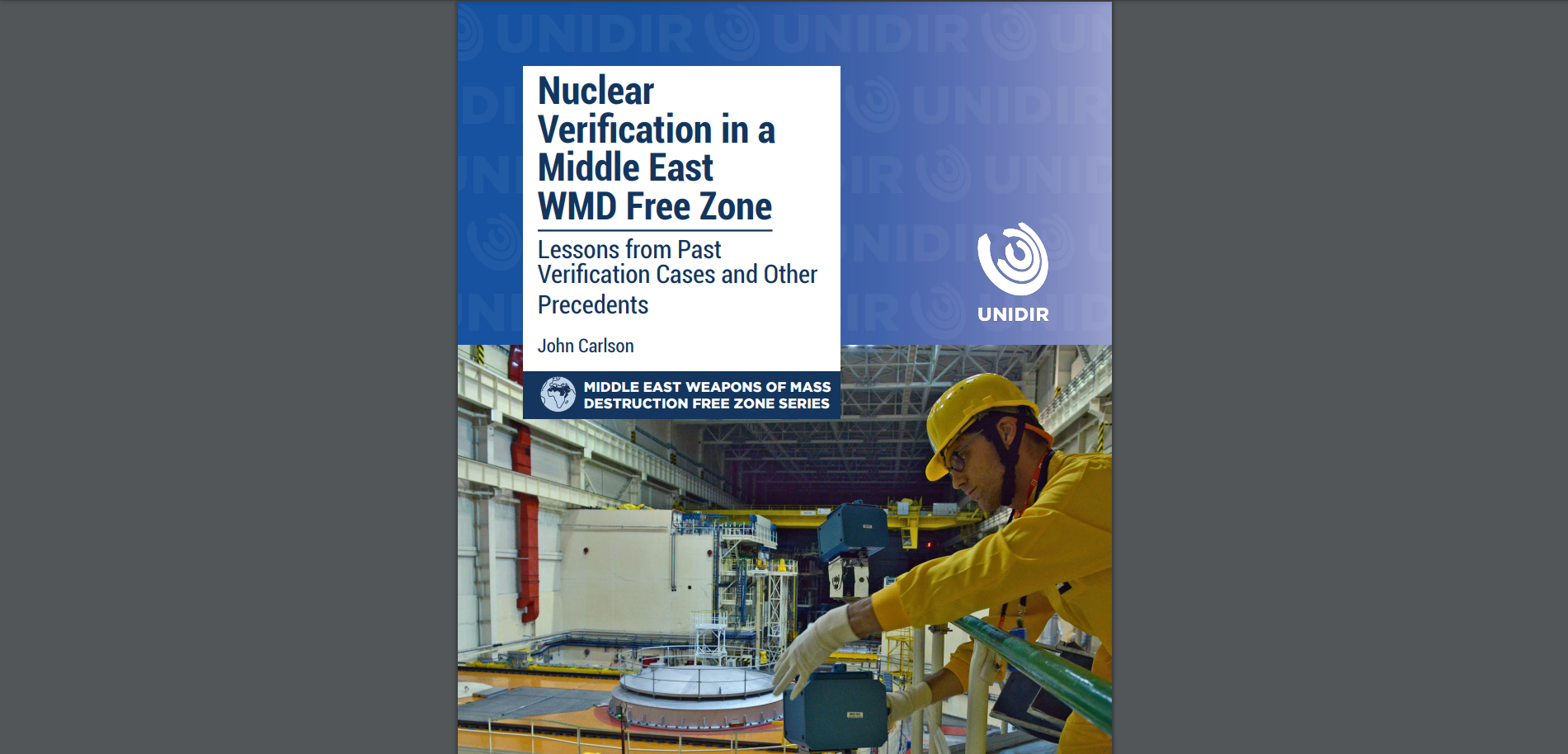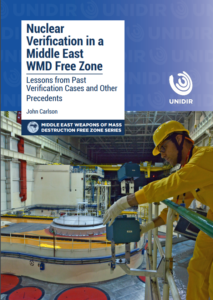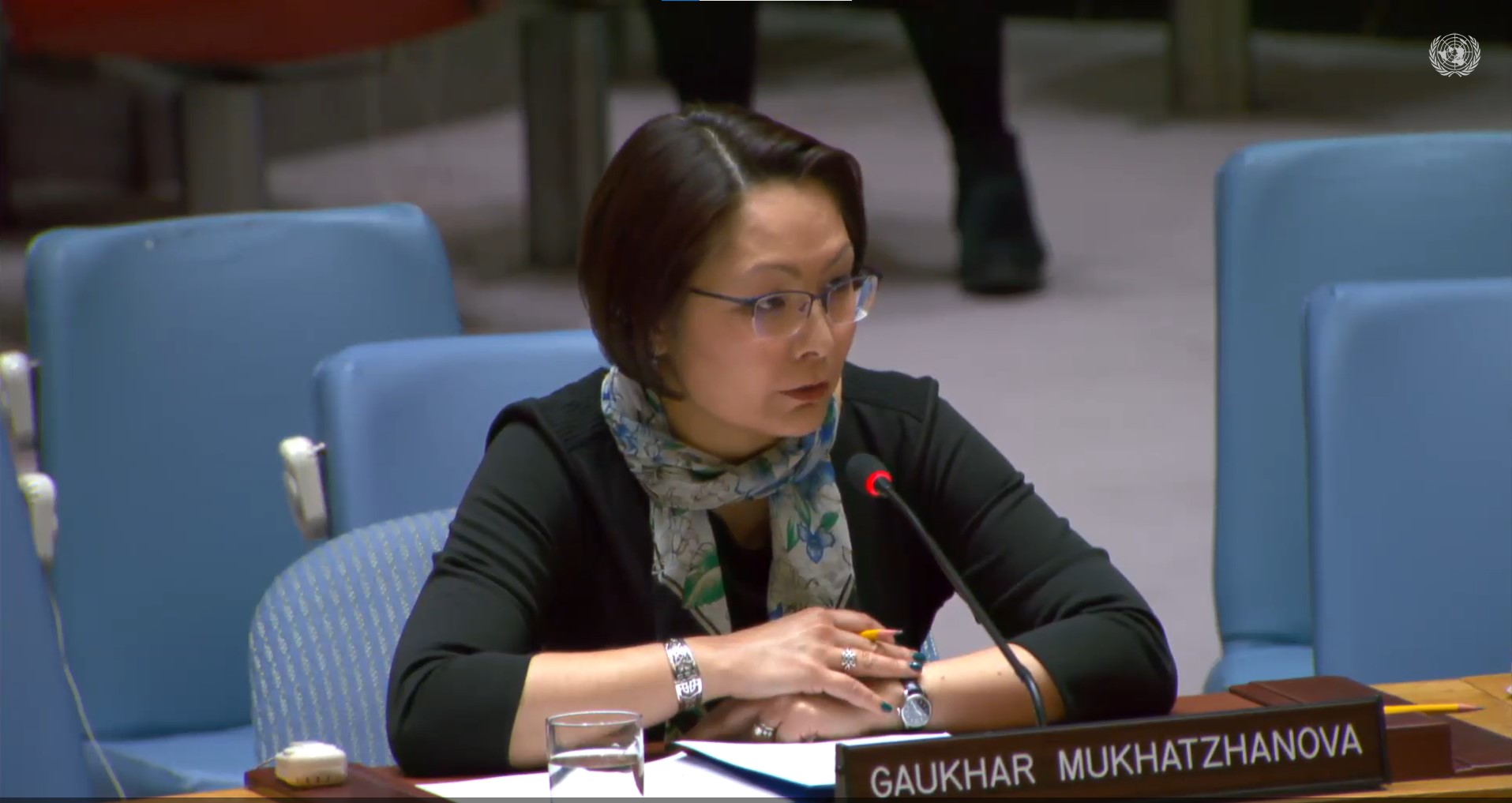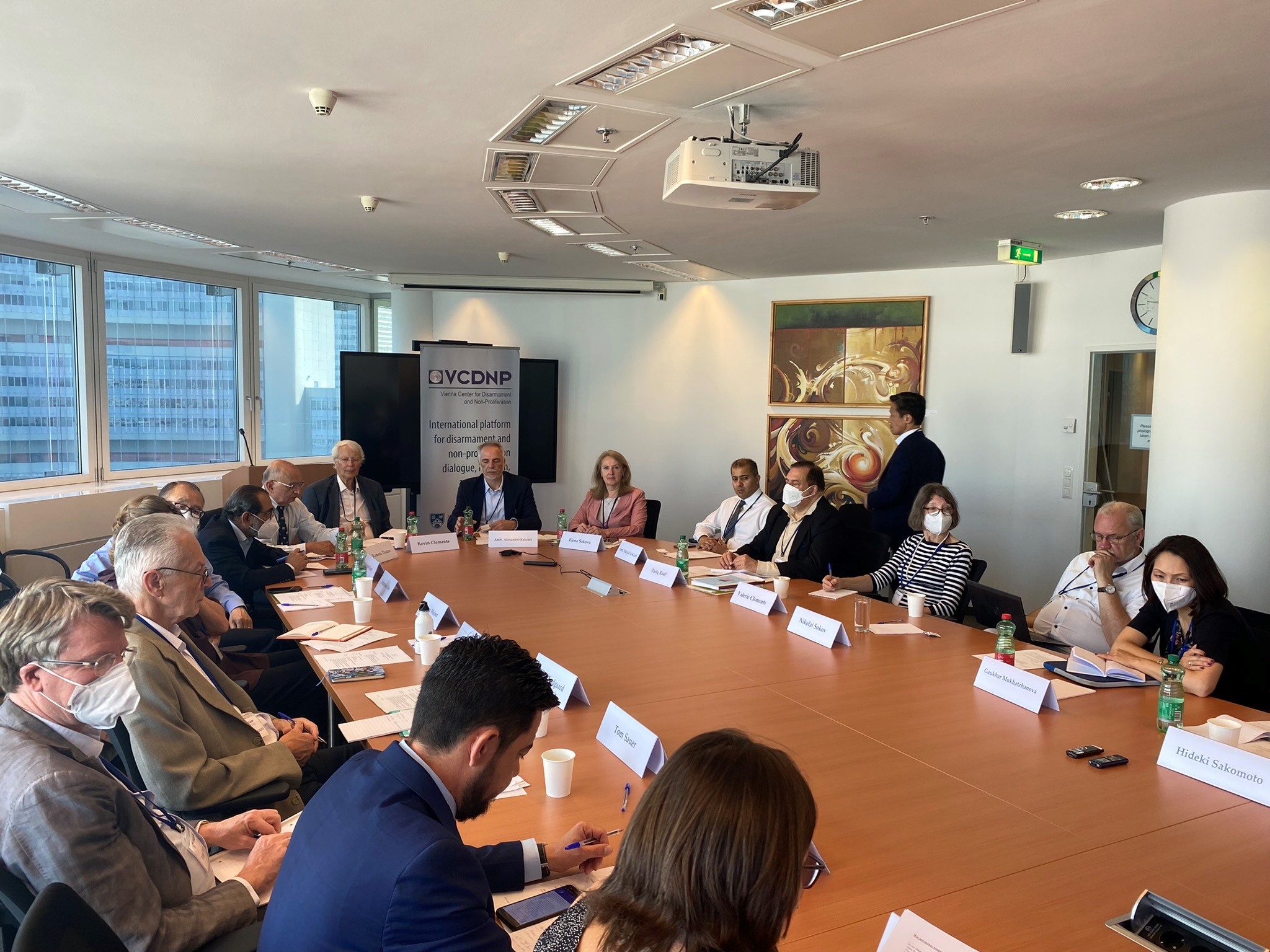
 The international community has been working towards a zone free of weapons of mass destruction (WMDFZ) in the Middle East for decades, but the establishment of such a zone remains a distant goal. Among the largest barriers to establishing a WMDFZ in the Middle East is the understanding how verification can take place in an effective manner. VCDNP Non-Resident Senior Fellow John Carlson, in cooperation with the United Nations Institute for Disarmament Research, has authored a new study that includes a comprehensive analysis of the lessons from past verification cases and other precedents applicable to the WMDFZ in the Middle East.
The international community has been working towards a zone free of weapons of mass destruction (WMDFZ) in the Middle East for decades, but the establishment of such a zone remains a distant goal. Among the largest barriers to establishing a WMDFZ in the Middle East is the understanding how verification can take place in an effective manner. VCDNP Non-Resident Senior Fellow John Carlson, in cooperation with the United Nations Institute for Disarmament Research, has authored a new study that includes a comprehensive analysis of the lessons from past verification cases and other precedents applicable to the WMDFZ in the Middle East.
In the study, Mr. Carlson addresses only nuclear weapons, as chemical and biological weapons would likely have different and unique verification requirements. He makes the case that effective verification arrangements would serve a vital national security objective for each country in the region by reducing tensions, removing the motivation to develop nuclear weapons and mitigating the risks associated with an arms race. A key focus in this regard is the robust application of nuclear safeguards implemented by the International Atomic Energy Agency (IAEA) in the Middle East, related both to existing commitments and under a new agreement on the WMDFZ. Mr. Carlson also argues that a regional verification system with an emphasis on mutual inspections, working in partnership with the IAEA, could contribute significantly to building trust in parties' compliance with the zone.
Mr. Carlson also examines specific elements of a verification regime for the zone, such as: which states should be included; what prohibitions and obligations should apply in the zone and how they would be verified; how elimination of nuclear weapons in the zone could be achieved; and on what basis the zone treaty would enter into force.


